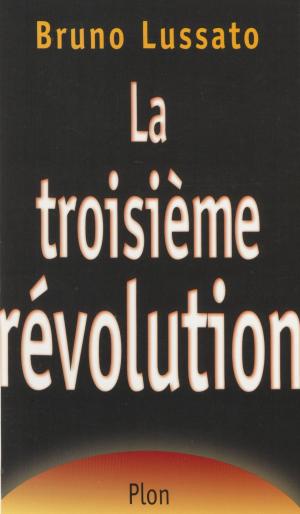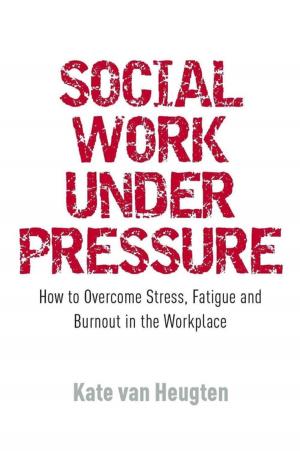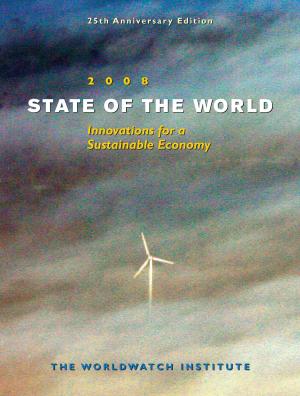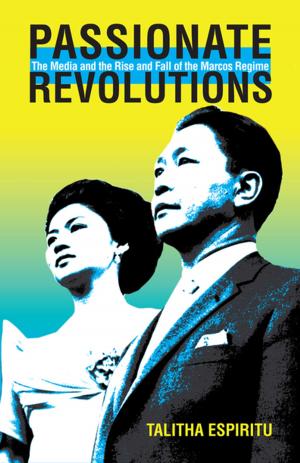Artisans of Peace Overcoming Poverty: Volume 1: A People-Centered Movement
Nonfiction, Social & Cultural Studies, Political Science| Author: | ATD Fourth World - Diana Faujour Skelton et al. | ISBN: | 9781310988301 |
| Publisher: | ATD Fourth World - Diana Faujour Skelton et al. | Publication: | May 18, 2016 |
| Imprint: | Smashwords Edition | Language: | English |
| Author: | ATD Fourth World - Diana Faujour Skelton et al. |
| ISBN: | 9781310988301 |
| Publisher: | ATD Fourth World - Diana Faujour Skelton et al. |
| Publication: | May 18, 2016 |
| Imprint: | Smashwords Edition |
| Language: | English |
"Artisans of Peace Overcoming Poverty - Volume 1: A People-Centered Movement " introduces partners in peacebuilding whose efforts have too often remained unrecognized. People committed to solidarity in Haiti, Madagascar, the United States, Guatemala, and elsewhere help us to understand their efforts — and this understanding in turn supports and encourages not only those named in this book, but all the people around the world who strive to overcome the injustice of poverty. This book is rooted in participatory research that was conducted by ATD Fourth World on the violence of extreme poverty and that showed just how
much people living in poverty do to search for peace, to go beyond violence, and to build a sense of community.
Volume 1 of "Artisans of Peace Overcoming Poverty" starts with a chapter on the origins of ATD Fourth World, retracing why and how Joseph Wresinski launched this movement in France in 1957. The book then traces ATD's thirty-year history in Haiti, recounting the story of people, beginning in 1984, who looked for ways to cope with fear in their “no-go” district by trying to “become examples for the neighbourhood so there would be peace”. The World Day for Overcoming Poverty also became a touchstone for these efforts. Following the 2010 earthquake, ATD Fourth World members climbed to the furthest reaches of this district to ensure that no one would be forgotten, and answered a United Nations call for “Unheard voices thinking about Haiti's tomorrow”.
People choosing to work towards peace come from all backgrounds: activists, born into poverty and taking responsibility in their own communities; allies, who use the fact that they are accepted to challenge colleagues or neighbours to act differently towards people in poverty; and the Fourth World Volunteer Corps, which shares a collective responsibility for no one to be left behind. No one is too young to make a difference, from young people in France and Senegal, to children in the Democratic Republic of the Congo. Through a Forum on Overcoming Extreme Poverty, individuals and non-profits who are not members of ATD Fourth World can also encourage and inspire one another.
Inventing ways to live in peace together: because poverty can isolate people behind stereotypes and reduce them to silence, participation in Fourth World People's Universities is a key way to begin thinking together. A Merging Knowledge approach can make it possible for people of all backgrounds to develop new knowledge, drawing on the hidden intelligence of people in poverty. Concerning training and employment, both the pedagogy of non-abandonment and projects where professionals agree to take risks with the long-term unemployed make possible a new approach to decent work and to excellence. Finally, beyond thinking and working together, creativity can help to overcome poverty because it transforms the way people see themselves and one another. Street Libraries and Story Gardens share the means for creative expression, culture, art, and beauty. This volume concludes with “Dreaming Permit”, a personal essay about creativity and culture.
"Artisans of Peace Overcoming Poverty - Volume 1: A People-Centered Movement " introduces partners in peacebuilding whose efforts have too often remained unrecognized. People committed to solidarity in Haiti, Madagascar, the United States, Guatemala, and elsewhere help us to understand their efforts — and this understanding in turn supports and encourages not only those named in this book, but all the people around the world who strive to overcome the injustice of poverty. This book is rooted in participatory research that was conducted by ATD Fourth World on the violence of extreme poverty and that showed just how
much people living in poverty do to search for peace, to go beyond violence, and to build a sense of community.
Volume 1 of "Artisans of Peace Overcoming Poverty" starts with a chapter on the origins of ATD Fourth World, retracing why and how Joseph Wresinski launched this movement in France in 1957. The book then traces ATD's thirty-year history in Haiti, recounting the story of people, beginning in 1984, who looked for ways to cope with fear in their “no-go” district by trying to “become examples for the neighbourhood so there would be peace”. The World Day for Overcoming Poverty also became a touchstone for these efforts. Following the 2010 earthquake, ATD Fourth World members climbed to the furthest reaches of this district to ensure that no one would be forgotten, and answered a United Nations call for “Unheard voices thinking about Haiti's tomorrow”.
People choosing to work towards peace come from all backgrounds: activists, born into poverty and taking responsibility in their own communities; allies, who use the fact that they are accepted to challenge colleagues or neighbours to act differently towards people in poverty; and the Fourth World Volunteer Corps, which shares a collective responsibility for no one to be left behind. No one is too young to make a difference, from young people in France and Senegal, to children in the Democratic Republic of the Congo. Through a Forum on Overcoming Extreme Poverty, individuals and non-profits who are not members of ATD Fourth World can also encourage and inspire one another.
Inventing ways to live in peace together: because poverty can isolate people behind stereotypes and reduce them to silence, participation in Fourth World People's Universities is a key way to begin thinking together. A Merging Knowledge approach can make it possible for people of all backgrounds to develop new knowledge, drawing on the hidden intelligence of people in poverty. Concerning training and employment, both the pedagogy of non-abandonment and projects where professionals agree to take risks with the long-term unemployed make possible a new approach to decent work and to excellence. Finally, beyond thinking and working together, creativity can help to overcome poverty because it transforms the way people see themselves and one another. Street Libraries and Story Gardens share the means for creative expression, culture, art, and beauty. This volume concludes with “Dreaming Permit”, a personal essay about creativity and culture.















